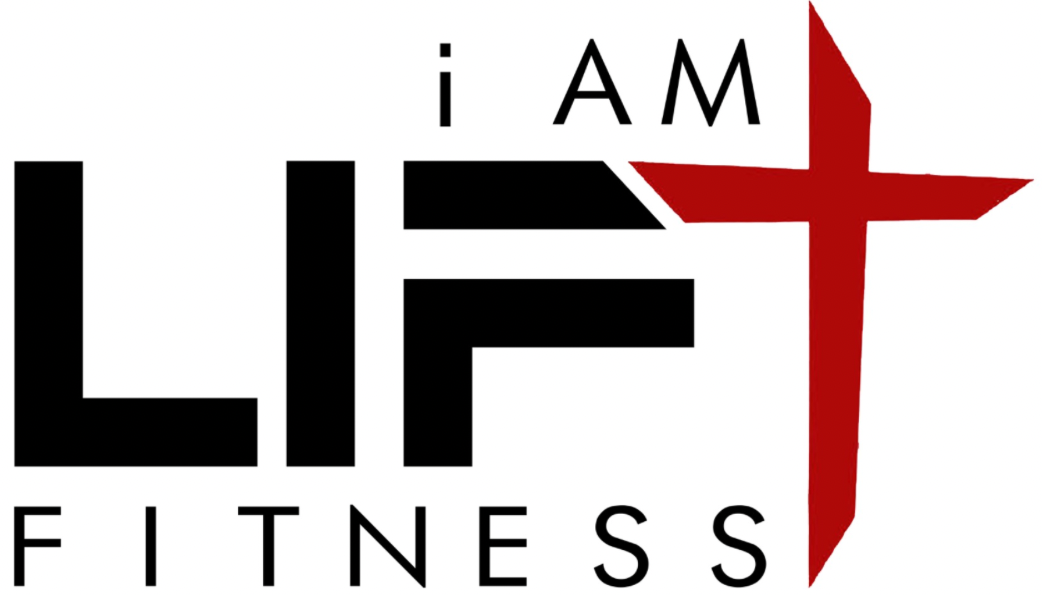At times, the journey to the gym is quite the challenge. But for some, the challenge is even greater, as they rise before the sun to embrace a morning workout. The reasons vary, from the demands of a busy life to the personal energy levels that peak in the early hours. If you find yourself in this category or are considering joining the early-bird fitness club, there are ways to enhance your exercise performance by focusing on your nutrition the night before.
The Merits of Morning Training
Engaging in a workout on an empty stomach, often referred to as fasted training, can lead to remarkable performance improvements. This approach triggers a metabolic shift that affects cellular neural networks, ultimately enhancing plasticity on a neurological and synaptic level. The result? Heightened focus, resilience to stress, and an activated “fight or flight” mindset. Our distant ancestors experienced similar effects when they embarked on morning hunts for food. In a way, breakfast can be viewed as the reward for a morning workout.
This style of training can contribute to more effective weight loss. Fasting temporarily inhibits mTOR, the controller of protein synthesis, while activating autophagy, a process that recycles dead tissue cells. During this phase, the body sheds “dead weight,” including dead cells and stored glycogen (fat), all while ensuring the body’s protection and well-being in the absence of food.

The Night Before
It goes without saying that adequate rest and proper nutrition are key to preparing for your morning workout. Carbohydrates have been proven to activate melatonin, improving the quality of your sleep. When you consume carbs the night before a morning workout, they remain stored in your liver and muscles, ready to provide the energy you need. Depleting glycogen stores can hinder performance due to muscle fatigue, so it’s essential to keep them well-supplied.
On the other hand, fats can potentially impede performance, particularly during high-intensity exercises. It’s crucial to limit saturated fats, which can hinder muscular output. However, omega-3 fatty acids have shown positive effects on endurance capacity and gut microbiome health by influencing bile acids. Foods rich in omega-3s include fatty fish, eggs, and seeds, while saturated fats are found in abundance in red meat and full-fat dairy products.
Optimal preparation involves carbohydrate loading, which maximizes glycogen storage. Your choice of carbs is also significant. Simple carbohydrates are easily digestible, reducing fatigue and supporting hydration. While fiber is essential for digestive health, an imbalance can lead to gastrointestinal problems. Striking the right balance between fibrous and simple carbs is crucial. While fast-digesting carbs replenish glycogen stores, fibrous carbs help maintain satiety.
Incorporating probiotics into your diet can have a positive impact on cognitive function, gut health, and mood. While you can consume them the night before your morning workout, they are most beneficial during the recovery process. Yogurt is a popular choice, as it contains both probiotics and protein to aid recovery and protein synthesis.
It’s also advisable to avoid excessive sugar and alcohol intake. High sugar consumption can lead to energy crashes, while alcohol can dehydrate the body, disrupt sleep, impair cognition, and make working out while hungover a risky endeavor.
The Morning Of
Staying well-hydrated is the key to a successful morning workout. Your hydration intake significantly affects gut function, energy levels, and cognitive performance. Exercising while dehydrated can negatively impact your performance. Carbohydrates consumed the night before help with hydration, as they promote water retention in the body.
To further prevent dehydration, consider incorporating electrolytes into your routine. These can be taken in supplement form or found in natural sources like lemon juice. Mixing electrolytes with a morning cup of water can help you wake up and stay energized better than caffeine. During your workout, electrolytes can reduce excessive sweating and enhance cognitive function. After hydrating, caffeine can be a helpful addition to your morning routine.
Caffeine is a popular choice in the morning. It boosts focus and reduces fatigue, making it a valuable supplement. However, it should not replace your water intake; caffeine and water go hand in hand. Their combination, along with optional electrolytes, can prepare both your body and mind for optimal performance. Caffeine is available in various forms, such as coffee, tea, and pre-workout supplements. If your goal is to maintain a fasted state during your workout, choose these sources without added sugar, milk, or oils, as these can break the fast. Even though they may be fast digesting, they can lead to eventual energy crashes.
Moving Forward
Achieving a balance between fast and slow carbohydrates and incorporating omega-3 fatty acids into your diet can optimize your health for a morning workout. Reducing saturated fats, sugar, and alcohol intake can also have a positive impact on your energy levels the following morning. So, focus on replenishing muscle glycogen and getting a good night’s sleep, because those weights aren’t going to lift themselves.




